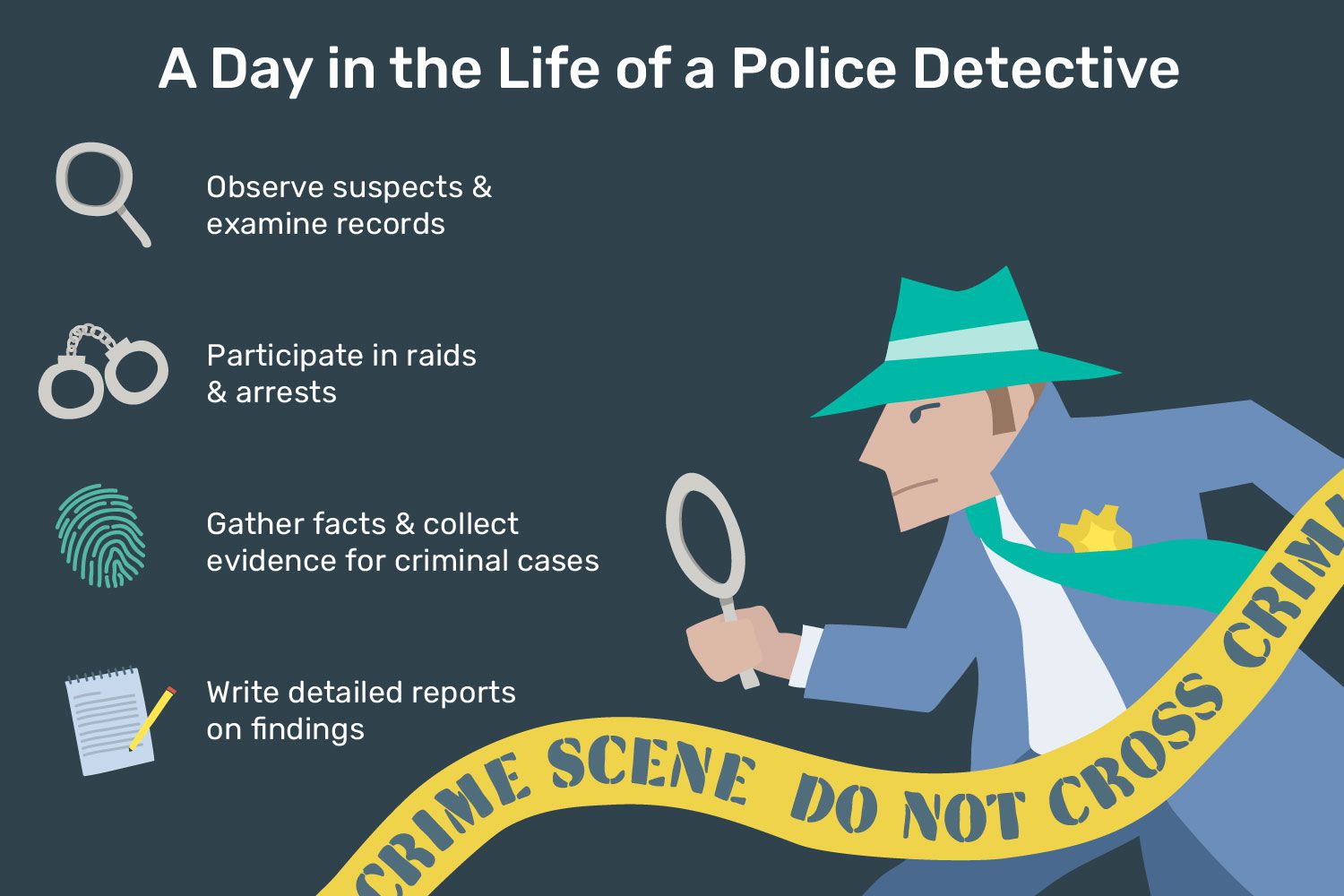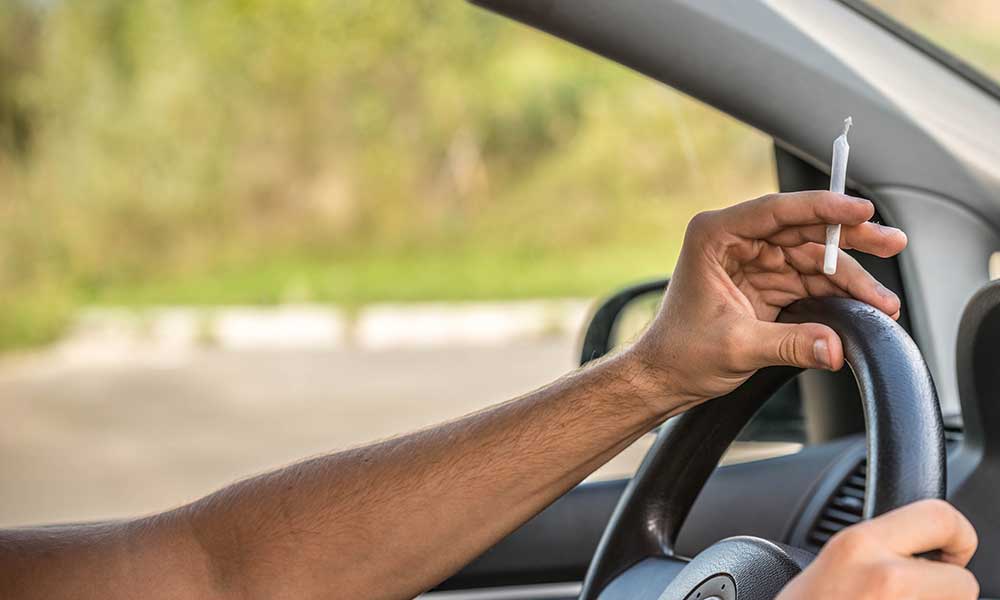The content provided in this blog post, including the hypothetical scenarios and any legal advice expressed, are intended for informational and educational purposes only. They do not constitute legal advice and should not be considered or relied upon as such. The information provided is specific to the State of New York, and laws can vary greatly from state to state. No attorney-client relationship is formed by reading this post or using the information provided herein.
Receiving a phone call from a detective can be an unnerving experience for anyone and you’re probably asking “what are my rights if a detective calls me in New York?” However, remaining calm and handling the situation appropriately is crucial to protect your rights and ensure a fair legal process. If you find yourself in such a situation in the State of New York, this blog post will guide you through the steps you should take when a detective contacts you with questions. Remember, seeking legal advice from a professional, like ILGANAYEV LAW FIRM PLLC, is always recommended to fully understand your rights and obligations.
First, it is important to understand why a detective is calling you. It is either that they think you are a suspect in the crime, have some involvement in the crime, or have some information regarding the crime and who is involved.
In order to avoid sharing any self-damaging information, please follow these steps:
1. Stay Calm and Composed:
Although this is easier said than done, avoid reacting impulsively and providing any immediate information. Take a deep breath, collect your thoughts, and prepare yourself how to best handle this situation.
2. Confirm the Detective’s Identity:
Politely ask the Detective for their full name, contact details, and what precinct they are calling from. The reality is people lie over the phone, and you want to make sure you are talking to the right authority figure. Moreover, keep in mind that detectives are allowed to legally lie to you to lure you into incriminating yourself or turning yourself in without even knowing you are turning yourself in.
3. Exercise Your Right to Remain Silent:
Do NOT willingly share information if a Detective calls you. Under the Fifth Amendment of the United States Constitution, you have the right to remain silent. You are not obligated to answer any questions asked by the Detective. If the Detective tells you that you must come down to the precinct, do NOT go without an attorney present. Politely inform them that you wish to exercise your right to remain silent until you have consulted with an experienced attorney, like our attorneys at Ilganayev Law Firm, PLLC, who will help you navigate the process and communicate with law enforcement on your behalf.
4. Avoid Making Statements or Providing Information:
It is crucial to refrain from making any statements or providing information to the Detective during the phone call. Anything you say can be AND WILL be used against you in the Court of law. Remember that even seemingly innocent or unrelated statements can be misconstrued or used against you later.
5. Consult an Attorney:
Upon receiving a call from a detective, you should immediately contact an experienced NYC criminal defense attorney. Explain the situation to them and seek their guidance and representation. An attorney will protect your rights, advise you on the best course of action, and communicate with law enforcement on your behalf. Remember to be completely honest with your attorney. Anything you tell your attorney is protected by attorney-client privilege, which ensures confidentiality and encourages full disclosure of relevant information for your defense.
6. Follow Your Attorney’s Advice:
Once you have secured legal representation, your attorney will analyze the situation and provide you with the best legal advice tailored to your specific circumstances. They will guide you on whether it is necessary to schedule a meeting with the Detective, how to handle any potential requests, or whether it is best to refrain from further communication. Your attorney is there to help and guide you, as they have your best interests in mind.
7. Be Mindful of Your Conduct:
Throughout the process, it is important to conduct yourself appropriately and respectfully. Avoid discussing the case with anyone other than your attorney, including family members or friends. Follow your attorney’s advice on how to handle inquiries from others, especially from law enforcement or the media.
When a detective contacts you with questions in New York State, it is crucial to handle the situation carefully to protect your rights. Remember to stay calm, exercise your right to remain silent, and seek legal representation immediately. At ILGANAYEV LAW FIRM, PLLC, we are dedicated to working closely with you so you can navigate the process effectively and ensure a fair and just outcome.
ATTORNEY ADVERTISING. This blog post is provided for informational purposes only and does not constitute legal advice. For specific legal guidance related to your situation, please consult with an attorney. Prior results do not guarantee a similar outcome.



